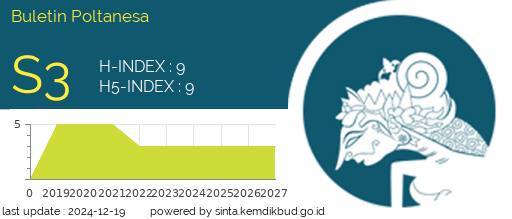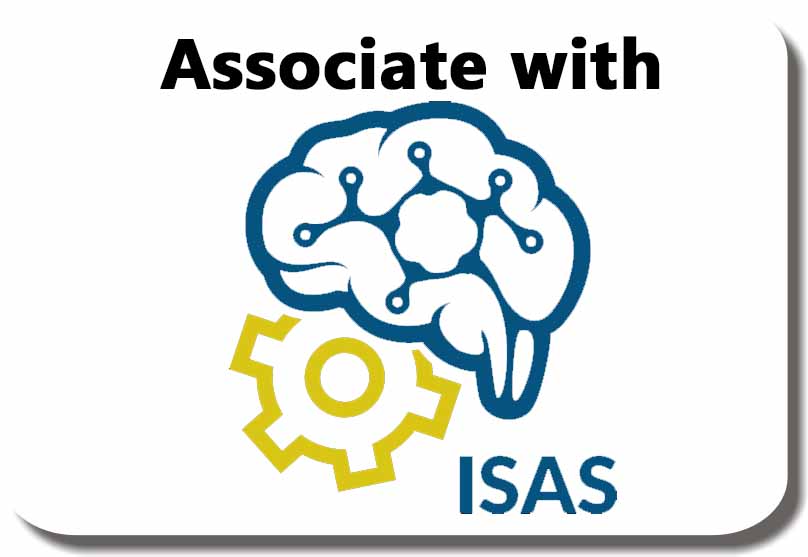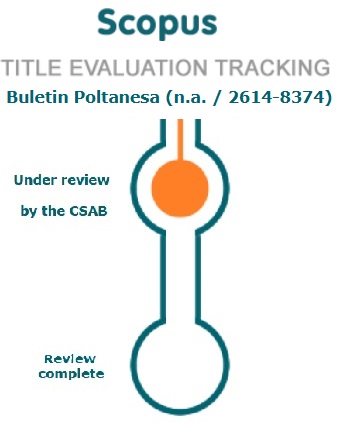Evaluation of the Effectiveness of the Kaltim Tuntas Scholarship Program in Samarinda
Keywords:
Program Evaluation, William Dunn Model, Scholarship Policy, Educational Equity, Public Policy AnalysisAbstract
This study evaluates the implementation of the “Kalimantan Timur Tuntas” Scholarship Program in Samarinda using William Dunn’s program evaluation framework, which includes six key criteria: effectiveness, efficiency, adequacy, equity, responsiveness, and appropriateness. The research applies a qualitative descriptive approach by collecting data through interviews with stakeholders, direct observations, and analysis of relevant secondary documents. The scholarship program, launched in 2019 and managed by the East Borneo Scholarship Management Agency, aims to provide equitable access to higher education and foster the development of competitive human resources in anticipation of the region’s strategic role as the location of Indonesia's future capital, Nusantara. Findings indicate that the program has made significant progress in expanding educational opportunities, particularly for marginalized groups. However, several systemic challenges persist, including uneven distribution of benefits favoring urban areas, limited adaptability to economic fluctuations (such as inflation), and inadequate mechanisms for real-time feedback and program adjustment. Moreover, discrepancies in administrative execution and gaps in digital infrastructure have hindered accessibility for students in remote and underdeveloped regions. The study underscores the need for more inclusive and adaptive policy designs that account for regional disparities. Recommendations include adopting a dynamic and needs-based allocation model, enhancing inter-agency data integration, increasing transparency in the selection process, and establishing a participatory monitoring and evaluation system. The study concludes that while the program contributes to educational equity in Kalimantan Timur, further improvements are necessary to ensure long-term effectiveness and sustainability in achieving the broader goal of social mobility and human capital development.
References
Beasiswa Kaltim Tuntas. (2024). Portal Beasiswa Kaltim. https://beasiswa.kaltimprov.go.id
Dunn, W. N. (2000). Pengantar Analisis Kebijakan Publik. Gadjah Mada University Press.
Erickson, H. H., Mills, J. N., & Wolf, P. J. (2021). The effects of the Louisiana Scholarship Program on student achievement and college entrance. Journal of Research on Educational Effectiveness, 14(4), 861–899. https://doi.org/10.1080/19345747.2021.1938311
Kamarulzaman, K. (2021). Analisis strategi menghafal Al-Qur’an pada mahasiswa penerima program beasiswa hafiz di Universitas Muhammadiyah Yogyakarta tahun 2016–2017. G-Couns: Jurnal Bimbingan dan Konseling.
Kang, K., Kim, J., & Kwak, D. W. (2024). Satisfying national and individual interests: Impact evaluation of the KOICA master’s degree scholarship program. Journal of Contemporary East Asia Studies, 1–29. https://doi.org/10.1080/24761028.2024.2445885
Masduki, E., Asmiyanti, R., Busthomi, M., Rosyari, F. R., & Rahayu, N. S. (2024). Evaluasi program beasiswa bagi anak pelaku utama tidak mampu (nelayan, pembudidaya ikan dan pengolah hasil perikanan) di Politeknik AUP Jakarta tahun 2021–2022. Journal of Public Policy and Applied Administration.
Miles, M. B., Huberman, A. M., & Saldana, J. (2014). Qualitative Data Analysis (3rd ed.). Sage Publications.
Mulyadi, D. (2015). Studi Kebijakan Publik dan Pelayanan Publik. Alfabeta.
Pasolong, H. (2012). Metode Penelitian Administrasi Publik. Alfabeta.
Sariri, F., & Prabawati, I. (2024). Evaluasi program Kartu Indonesia Pintar Kuliah (KIP-K) di Universitas Negeri Surabaya. Publika, 12(1), 238–251. https://doi.org/10.26740/publika.v12n1.p238-251
Sedarmayanti, H. (2018). Manajemen sumber daya manusia; Reformasi birokrasi dan manajemen pegawai negeri sipil. Refika Aditama.
Suhana, Y., Azhar, A., & Kartikowati, R. S. (2019). Evaluasi program beasiswa komunitas adat terpencil di Dinas Pendidikan Kabupaten Bengkalis. Jurnal Manajemen Pendidikan.
Suwartini, S. (2017). Pendidikan karakter dan pembangunan sumber daya manusia keberlanjutan. Trihayu: Jurnal Pendidikan Ke-SD-An, 4(1), 220–234.
Tabuni, N., Satyawati, T., & Ismanto, B. (2024). Evaluasi program beasiswa bagi mahasiswa Kabupaten Pegunungan Bintang menggunakan model goal-oriented evaluation. Kelola: Jurnal Manajemen Pendidikan.
Tangkilisan, H. N. S. (2005). Manajemen Publik. Grasindo.
Utami, Y. P. (2021). Implementasi program pemberian beasiswa daerah untuk mahasiswa Kabupaten Lamandau. JISPAR: Jurnal Ilmu Sosial, Politik dan Pemerintahan, 10(1), 1–12. https://doi.org/10.37304/jispar.v10i1.2285
Wahyudi, F. (2014). Evaluasi program beasiswa pendidikan dalam upaya optimalisasi pendayagunaan dana ZIS pada LAZNAS PKPU dan Bazis DKI Jakarta. Jurnal Ekonomi dan Manajemen Islam.
Yulia Pramesta, S. (2023). Pengalokasian beasiswa pendidikan guna meningkatkan prestasi siswa di SMA Antartika Sidoarjo. Jurnal Pendidikan Sosial Humaniora, 2(2), 2962–1135. https://doi.org/10.30640/dewantara.v2i2.1044
Yusuf Aditya, D., Nurmantoro, M. A., Saefullah Kamali, A., Saepul Mustakim, U., & Nur Indriani, A. (2023). Manajemen pendidikan dalam kajian epistemologi. Metakognisi: Jurnal Kajian Pendidikan, 5(1), 22–30. https://doi.org/10.57121/meta.v5i1.49
Downloads
Published
How to Cite
Issue
Section
License
Copyright (c) 2025 Buletin Poltanesa

This work is licensed under a Creative Commons Attribution-ShareAlike 4.0 International License.
The copyright of this article is transferred to Buletin Poltanesa and Politeknik Pertanian Negeri Samarinda, when the article is accepted for publication. the authors transfer all and all rights into and to paper including but not limited to all copyrights in the Buletin Poltanesa. The author represents and warrants that the original is the original and that he/she is the author of this paper unless the material is clearly identified as the original source, with notification of the permission of the copyright owner if necessary.
A Copyright permission is obtained for material published elsewhere and who require permission for this reproduction. Furthermore, I / We hereby transfer the unlimited publication rights of the above paper to Poltanesa. Copyright transfer includes exclusive rights to reproduce and distribute articles, including reprints, translations, photographic reproductions, microforms, electronic forms (offline, online), or other similar reproductions.
The author's mark is appropriate for and accepts responsibility for releasing this material on behalf of any and all coauthor. This Agreement shall be signed by at least one author who has obtained the consent of the co-author (s) if applicable. After the submission of this agreement is signed by the author concerned, the amendment of the author or in the order of the author listed shall not be accepted.








